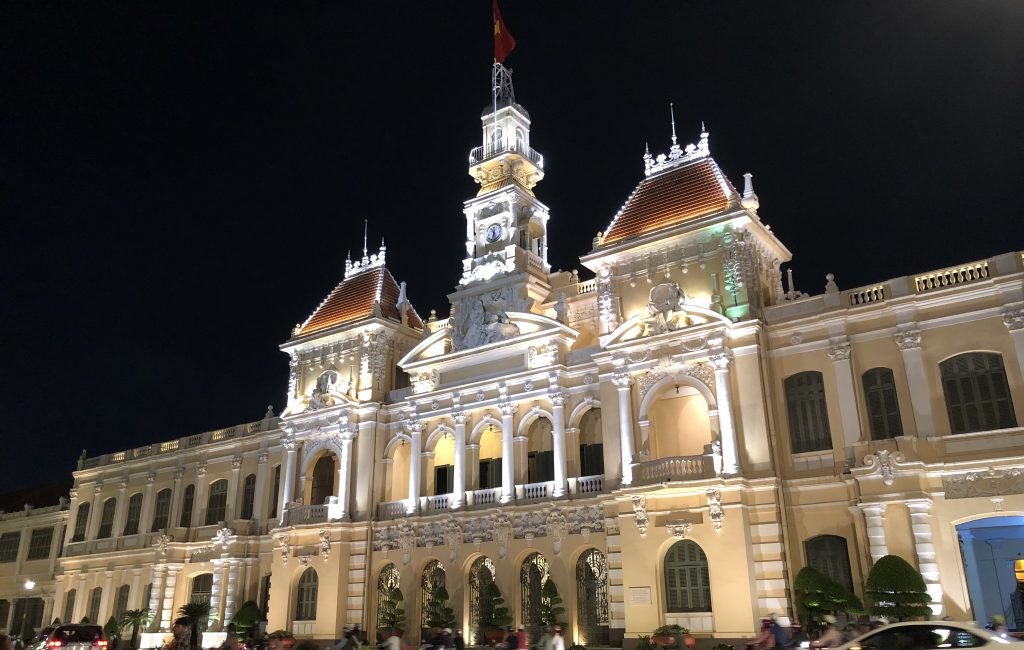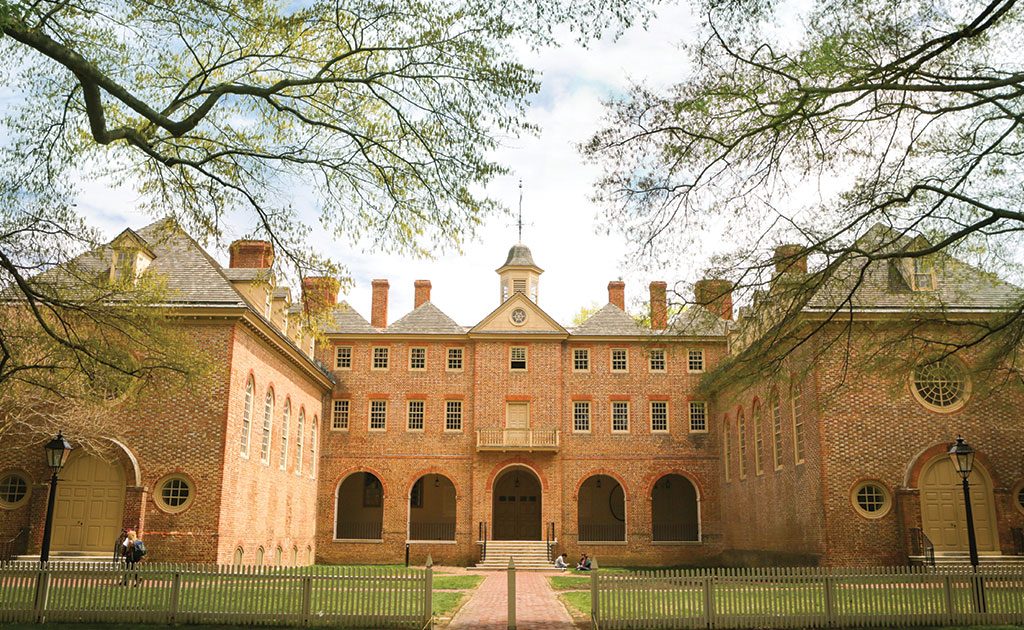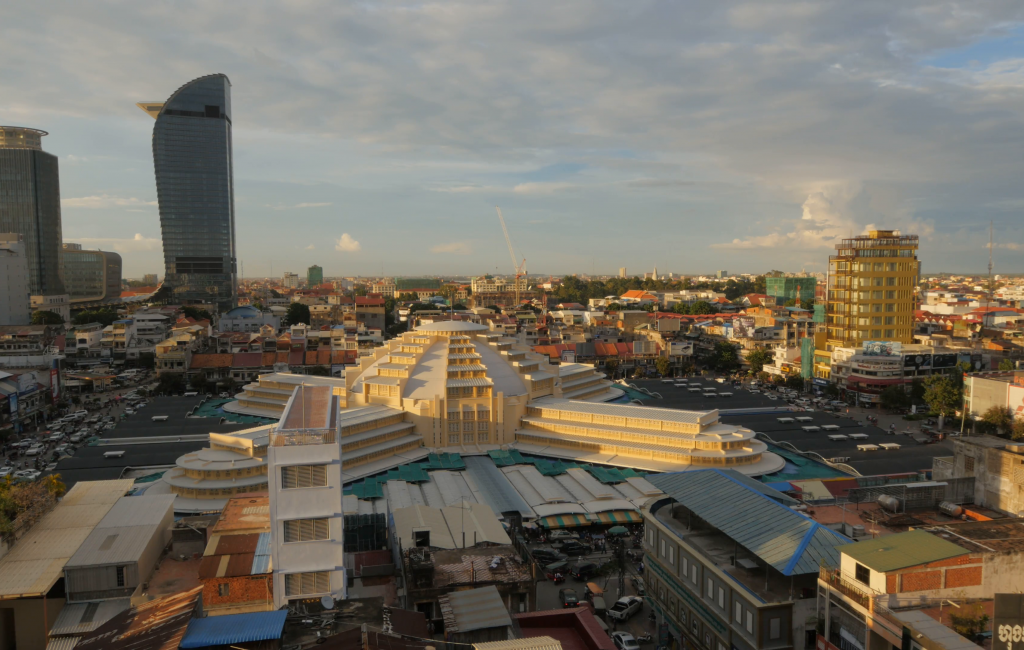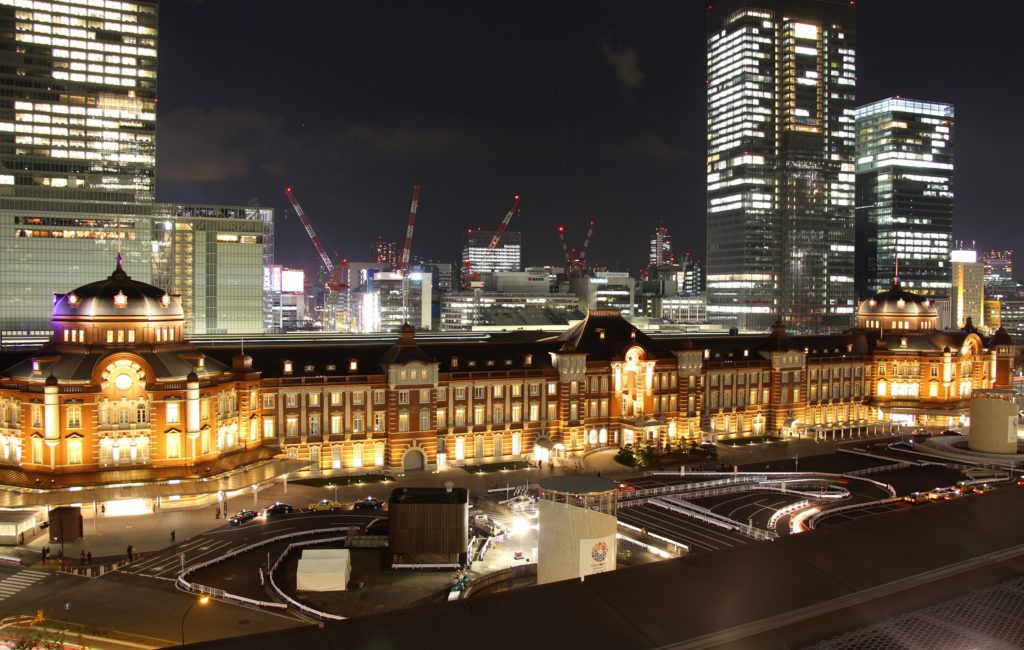
The FIFA World Cup brings together nations and people unlike any other event around the globe. During the month of June and July every four years, you might see an Australian and Peruvian or a Dane and a Brazilian enjoying their time together before or after a match. The tournament transcends race and culture, and people are united in celebrating the beautiful game.
Finally, the 2018 World Cup is upon us, taking place in Russia. Every country participating holds something special and unique to their culture, including architecture. I’ll be highlighting the best colonial structure from each of the 32 nations represented, and if the country does not have any, I’ll showcase the best historical and/or classical building.
Group G is the final part of the eight part series looking at each World Cup nation’s best piece of colonial and/or historical structure.
Poland – Royal Castle, Warsaw
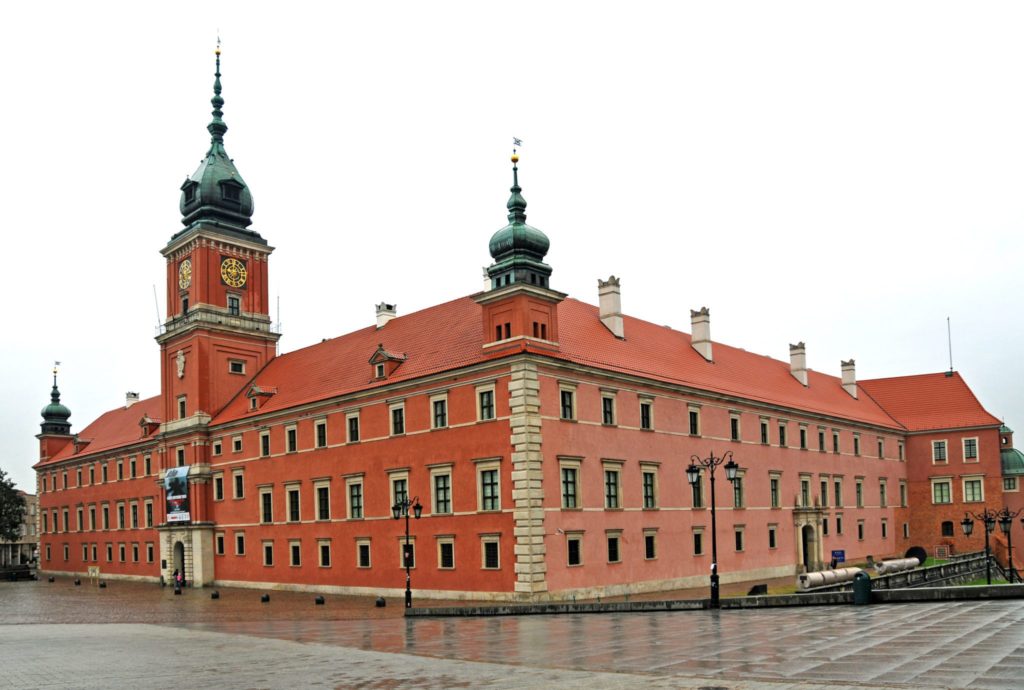
Originally a castle built for the King of Poland, the Royal Castle served as a royal residence and a Parliament house for nearly 400 years before it was destroyed by the Germans in World War II. Over the centuries, the Polish rulers made improvements on the structure, notably using Italian architects to implement Baroque style in the 1600s.
Senegal – Saint Louis Cathedral, Saint Louis
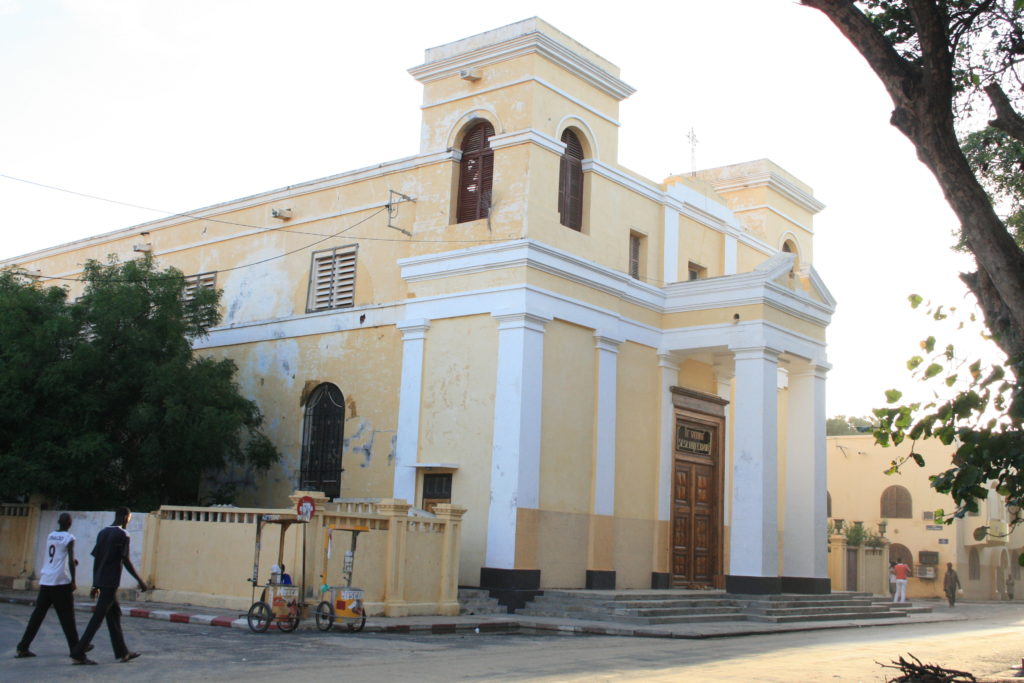
The Saint Louis Cathedral is the oldest church in West Africa, consecrated in 1828. The neoclassical design of the church is surprisingly common around the town of Saint Louis, Senegal, the capital of the country during the French colonial days.
Japan – Tokyo Train Station, Tokyo
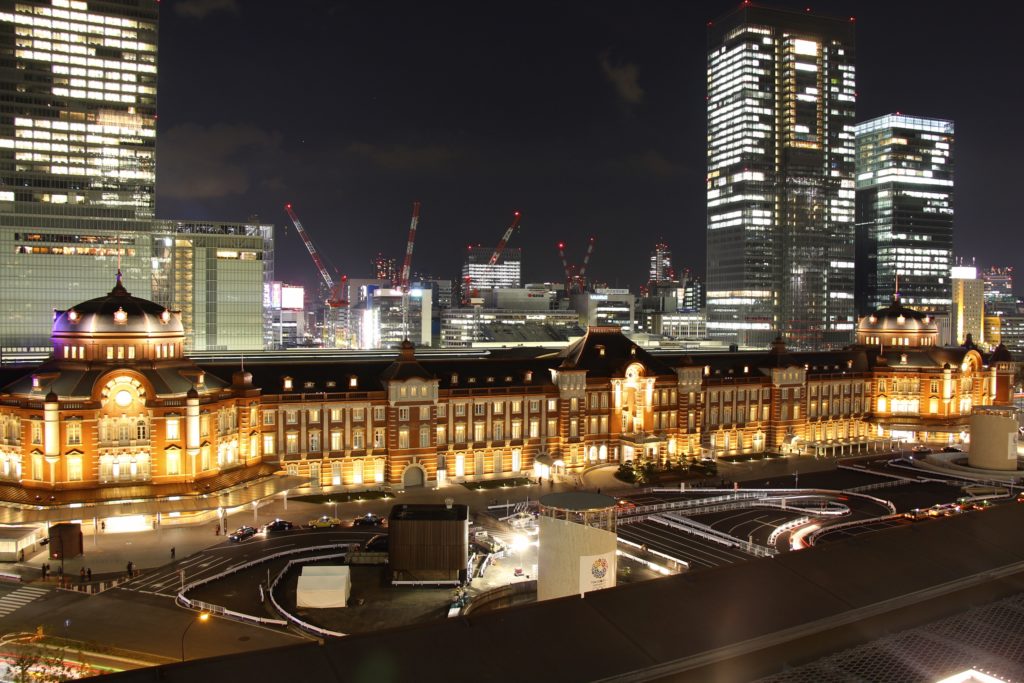
English architecture in the heart of Tokyo? Yes. There are actually quite a few examples of Western architecture in Japan due to architects going to London to study architecture and returning to their home country inspired. Construction on the neo Baroque building began in 1908, based on a design by Imperial College graduate Tatsuno Kingo, and finished in 1914.
Colombia – Cathedral Primada, Bogota
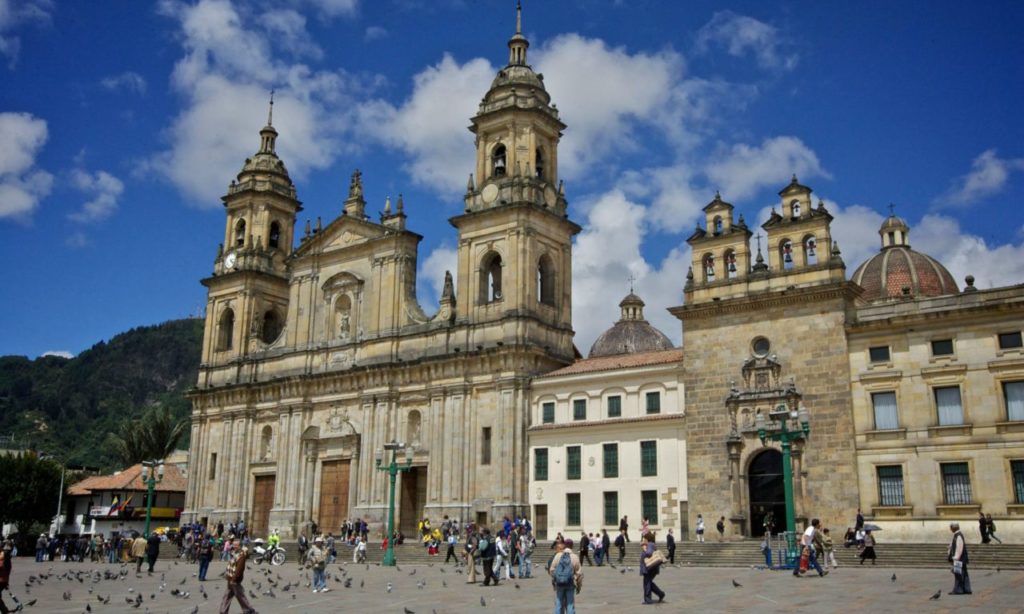
The biggest and most recognizable cathedral in Colombia was originally constructed in the late 16th century by Spanish missionaries. Its current form dates back to 1823, which was the fourth iteration of the church due to upgrades following poor construction and later an earthquake. The neoclassical beauty was visited by Pope Paul VI in 1968.
Latest posts by Doug Chesney (see all)
- 48 Hours in Ho Chi Minh City, Vietnam - November 9, 2018
- The Nine Colonial Colleges - October 3, 2018
- Top 10 Colonial Buildings in Phnom Penh - September 12, 2018

